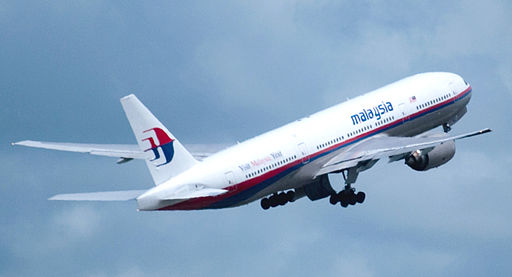The loss of Malaysian Airlines flight MH17 over Ukraine was a tragedy. The cleanup has begun and the bodies of the 298 deceased on board have been recovered and sent to a temporary staging area. While the cleanup at the crash site is wrapping up, the debate on the financial cost of this accident has only begun.
At the time of this article, the majority belief is that the plane was “blown out of the sky” by Pro-Russian rebels. This creates an issue for the airlines insurance coverage. The issue at hand is a “wartime exclusion” often included in aviation hull and liability policies, which may negate coverage for the airline. This leaves the volatile situation on the Russian-Ukraine border up to interpretation by the insurance provider. There is no denying there is a current conflict in the area, and that conflict had a major impact on the plane being attacked. The issue at hand is that neither side has technically declared war. So would the wartime exclusion still apply?
Rick Roberts, vice president of the Risk and Insurance Management Society (RIMS), took a more positive view. “I’m not aware that there’s any coverage for an act of war, anywhere around the world,” Roberts told Mashable. In that case, a war exclusion would be moot and the airline would get its payout. “There hasn’t been a war declared, and that knocks down the exclusion,” he added. “Unless Russia has declared war on Malaysia, that would knock out the exclusion. Based on the early facts it falls out of both of those categories.”
If the wartime exclusion does in fact apply, Malaysian Airlines could be facing some serious losses, some estimate over $1 billion, from not only property damage but also lawsuits.
That’s a problem for the airline, says Kevin Bartlett of the law firm Cooper Grace Ward Lawyers. “The difficulty facing Malaysia Airlines here is that the passengers could argue that most airlines…knew the Ukraine airspace was a war zone and that two other aircraft had been shot down the previous week,” Bartlett told the Wall Street Journal.
While this case is obviously an extreme example, it demonstrates the need for a comprehensive insurance policy that protects the business from all foreseeable losses.







Leave A Comment